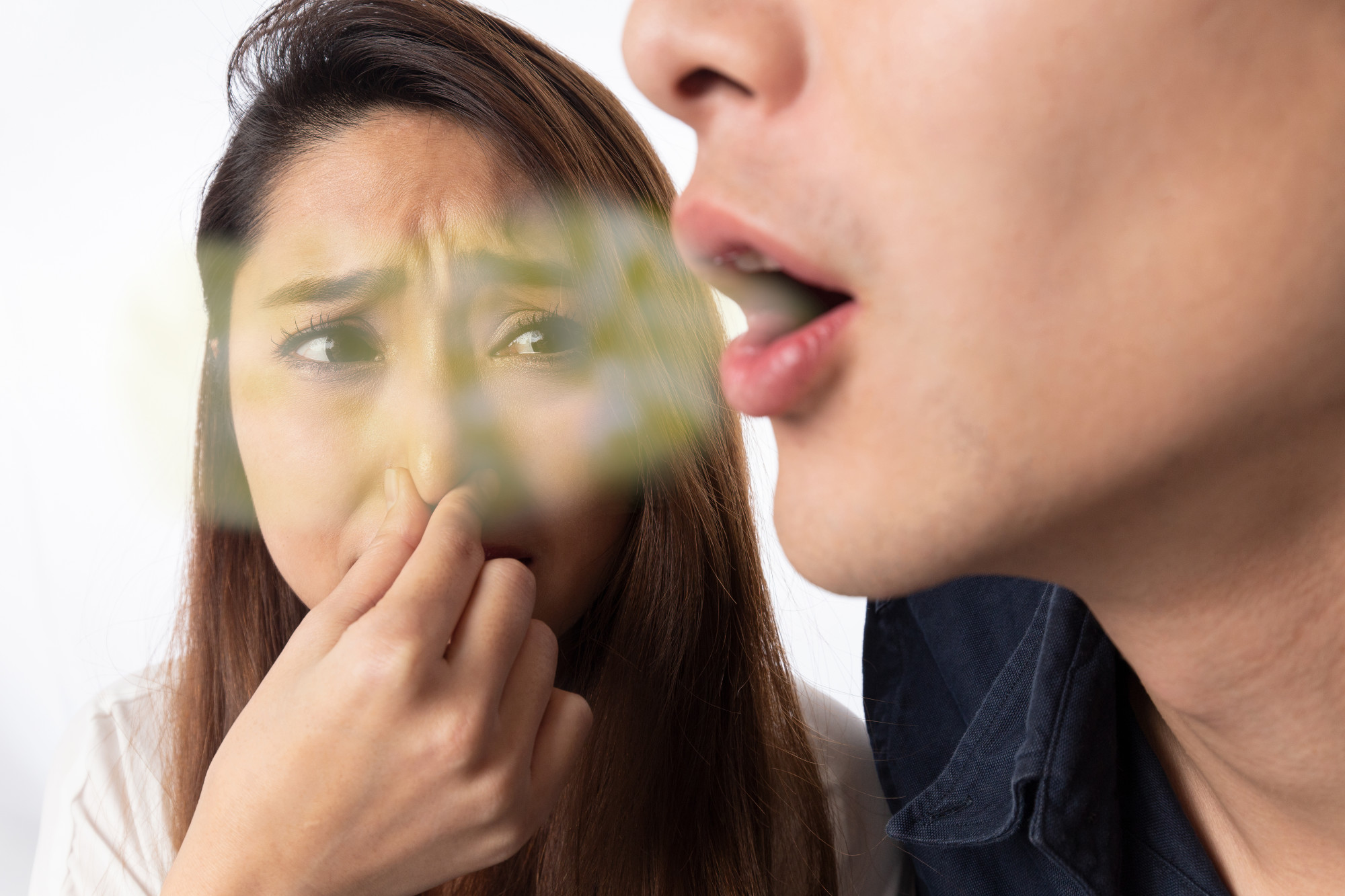According to study, prostate cancer is a leading male killer. It’s disappointing that so many individuals miss prostate cancer’s evident indicators.
When people think they have something else, they visit the pharmacist and treat the symptoms of an unrelated condition.
Uncontrolled growth of prostate cells causes prostate cancer.
The prostate generates semen fluid. Younger males have a walnut-sized testicle; elderly men have substantially larger ones.
If you self-medicate and the symptoms persist, see a doctor. Let’s focus. Before I list foods that increase prostate cancer risk,
These foods may increase prostate cancer risk:
- Overcooked pork, beef or cow, lamb sausages and hot dogs
This food is significant for genetically predisposed males, or men with a prostate cancer family history.
According to the World Health Organization, there may be a link between eating red and processed meats and an increased risk of developing prostate cancer. Meats such as beef and pork are two examples.
According to the book, men should only eat two eggs a week.
- High-fat, high-cholesterol foods. Cholesterol and fatty meals raise the risk of prostate cancer.
They came to the conclusion that males who consumed a Western diet that was predominately made up of processed and high-fat foods had a mortality risk that was 67 percent higher overall, in addition to a mortality risk that was 2.5 times greater when it came to dying from prostate cancer.
Regardless of the cause of death, the mortality risk of men was 36% lower when they made “prudent” decisions in their eating habits.
- Drinking more than three bottles of alcohol a day doubles the risk of prostate cancer, according to study.
Although a large number of research point to an association between drinking alcohol and an increased risk of numerous types of cancer, the link between alcohol and prostate cancer has not been conclusively established.
There is a paucity of data on the links between individual beverages and prostate cancer risk, as well as on the patterns of alcohol intake across a lifetime.
Alcohol consumption has been linked to an increased risk of developing a variety of malignancies, including those of the breast, esophagus, liver, colon, and rectum.
The vast majority of epidemiological research have found no correlation between drinking alcohol and an increased risk of prostate cancer.
This investigation is the most extensive one done to date to test the validity of this idea.
I won’t discuss how certain foods cause or predispose to prostate cancer. Consume these foods sparingly and follow the advice I’ve set.
Alterations in the DNA of normally occurring prostate cells are what lead to the development of prostate cancer.
DNA is the component in our cells that is responsible for the construction of our genes.
Alterations to a person’s genetic makeup can be passed down from one parent to another, or they can be acquired by a person throughout the course of their lifetime.
These kinds of genetic alterations can result in cells proliferating uncontrollably.
There is some evidence that inherited gene mutations are responsible for some cases of hereditary prostate cancer.
The vast majority of gene alterations that are linked to prostate cancer arise during the course of a man’s lifetime.
During the course of a person’s lifespan, their genes may undergo changes that prevent them from being passed on to their offspring.
Only cells that have descended from the initial mutant cell have been shown to contain these alterations.
When prostate cells divide at a rapid rate, there is an increased likelihood that mutations may occur.
The higher the levels of androgens (male hormones), like testosterone, that are present, the more prostate cell development is stimulated. It is more likely for prostate cancer to develop in men who have high levels of the hormone insulin-like growth factor-1 (IGF-1).




